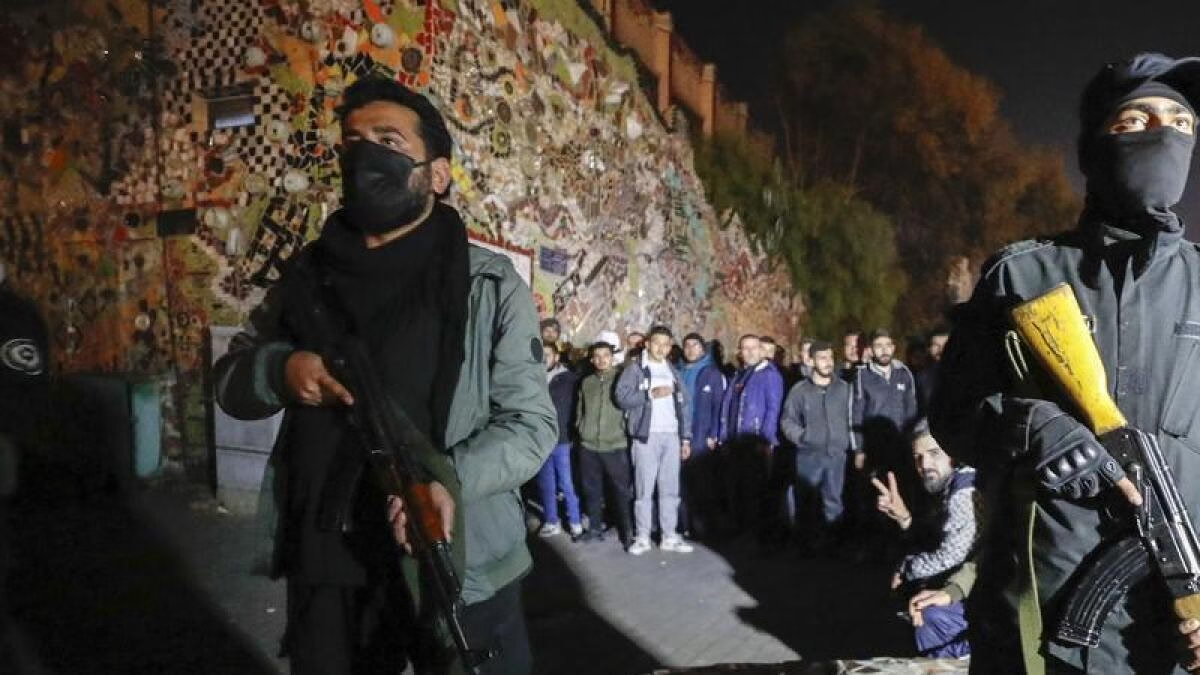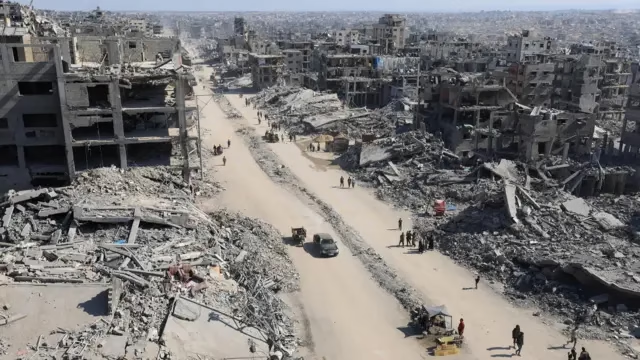Violent clashes between Islamist fighters and supporters of ousted President Bashar Assad’s regime left six Islamic fighters dead and several others wounded on Wednesday, according to the Syrian Observatory for Human Rights, a British-based war monitor. The fighters, from the Islamist group Hayat Tahrir al-Sham (HTS), were killed while attempting to arrest a former Assad government official accused of issuing execution orders and making arbitrary rulings against thousands of prisoners.
The conflict follows the recent collapse of Assad’s government, with the insurgents—rooted in fundamentalist Islamist ideologies—taking control of Syria. While they have promised to establish a pluralistic system, questions remain about how power will be shared under the new regime.
Since Assad’s fall, sectarian violence has intensified, especially targeting the minority Alawite community, to which Assad belongs. Activists report that dozens of Alawites have been killed in revenge attacks. In Damascus, tensions flared as Alawite protesters clashed with Sunni counter-protesters, and gunfire was heard, though details of the shooting remain unverified. Further protests erupted in cities along Syria’s coast and in Homs and Hama, demanding the release of prisoners held by HTS. In Homs, at least one protestor was killed, and five others wounded when HTS forces suppressed the demonstration, imposing a curfew in response.
The unrest was partly sparked by a video showing the burning of an Alawite shrine, though interim authorities claimed the video was old. Despite fears of widespread sectarian violence after Assad’s ouster, the violence has remained relatively contained compared to the devastating 14-year civil war that claimed hundreds of thousands of lives.
In a sign of ongoing hardships, Syrians displaced by the war have begun returning to their homes, finding their neighborhoods in ruins. In the Idlib region, long under HTS control, residents have begun repairing their homes and businesses, struggling to restore normalcy.
Meanwhile, Syria’s new authorities have intensified efforts to dismantle the drug trade, seizing and destroying millions of Captagon pills and large quantities of cannabis previously used by Assad’s forces.



